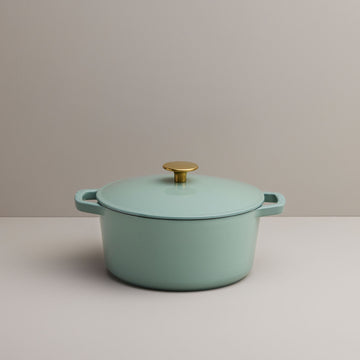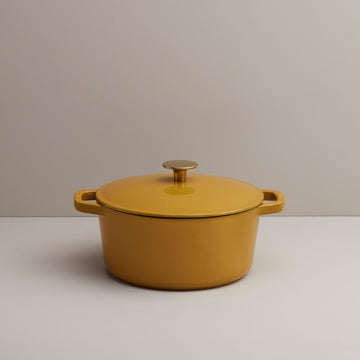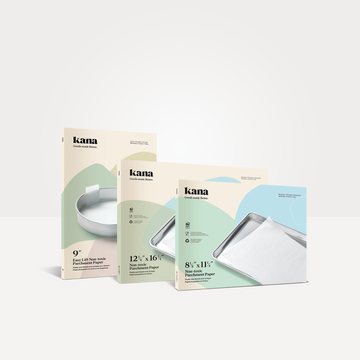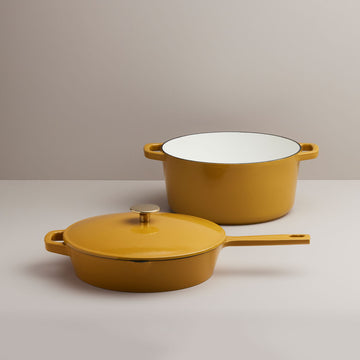If eliminating aluminum foil from your kitchen seems like a big ask, you’re not alone. Tearing a piece of foil from a roll to wrap a sandwich, keep warm a dish of leftovers, or protect your lasagne from burning is a convenience we have enjoyed for decades. But you might think twice about lining your baking dish with tin foil after you review this piece of concerning research.
A study published in the Journal of Electrochemical Science investigated concerns that aluminum can travel from foil to your food and found some concerning data. The researchers wrapped five different types of meat (beef, water buffalo, mutton, chicken, and turkey) in aluminum foil and then cooked them at three different temperatures for different lengths of time. They also baked and grilled fish in aluminum foil. In every single instance they documented a significant increase in aluminum in the finished food - especially food cooked at higher temperatures, and particularly acidic food.
And while it’s considered generally safe to consume some aluminum (in fact we consume more than we realize from our environment every day), high levels of aluminum in the body have been linked to several serious health problems including kidney disease, bone diseases and the development of Alzheimer’s disease.
Is aluminum foil safe to cook with?
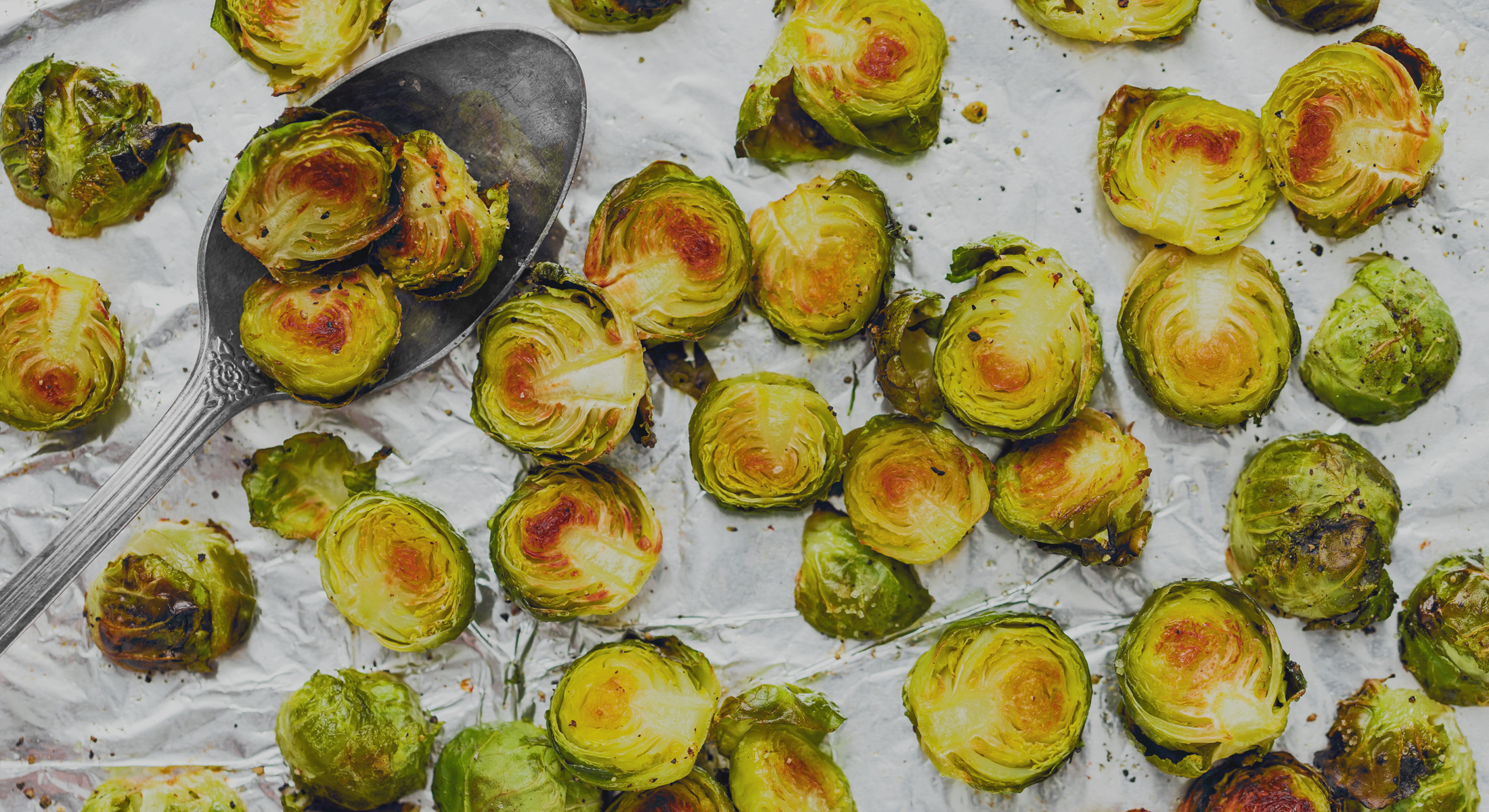
Aluminum foil may have been a kitchen pantry staple for the last 100 years but it’s time we wrap up our love affair with this malleable metal.
While it can’t be said that cooking with aluminum foil directly causes these diseases, wouldn’t you want to reduce that risk if you could?
If you’re still on the fence about whether leaching aluminum is worth changing your baked potato recipe, there’s another reason why aluminum foil needs to leave your kitchen: it’s terrible for the environment.
As an increasing number of people seek to embrace a plastic-free life, it can be tempting to gravitate toward aluminum foil as a convenient way to cook and store food. After all, it’s estimated that as much as two-thirds of all aluminum ever produced has been recycled. Unfortunately that statistic does not include aluminum foil from our kitchens which, covered in baked-on food, inevitably ends up in landfill.
As an increasing number of people seek to embrace a plastic-free life, it can be tempting to gravitate toward aluminum foil as a convenient way to cook and store food. After all, it’s estimated that as much as two-thirds of all aluminum ever produced has been recycled. Unfortunately that statistic does not include aluminum foil from our kitchens which, covered in baked-on food, inevitably ends up in landfill.
Once it is in landfill, aluminum foil takes an estimated 400 years to break down.
Moreover, aluminum can react with other substances in the environment, potentially becoming hazardous waste that impacts the health of surrounding wildlife.
Thankfully, there are options available that bring the pros of aluminum foil with none of the cons.
Parchment paper is an excellent replacement for aluminum foil and wax paper when it comes to cooking. Non-stick, and conveniently pre-cut, Kana parchment paper is made from PEFC-certified wood pulp from responsibly managed forests. Both compostable and biodegradable, you can feel good about disposing of parchment paper after use. And not only is it better for the environment, parchment paper is better for you - certified for food contact, and BPA and PFOA free.
So when it comes to aluminium foil - it’s a wrap!
Thankfully, there are options available that bring the pros of aluminum foil with none of the cons.
Parchment paper is an excellent replacement for aluminum foil and wax paper when it comes to cooking. Non-stick, and conveniently pre-cut, Kana parchment paper is made from PEFC-certified wood pulp from responsibly managed forests. Both compostable and biodegradable, you can feel good about disposing of parchment paper after use. And not only is it better for the environment, parchment paper is better for you - certified for food contact, and BPA and PFOA free.
So when it comes to aluminium foil - it’s a wrap!
Make something delicious
Keep exploring
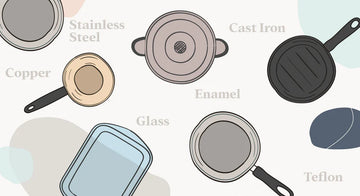
How to shop for non-toxic cookware and bakeware
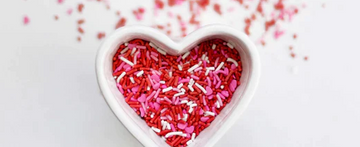
5 tips on decorating Valentine's cakes for that special someone
Get creative on Valentine’s Day by offering your loved ones something baked from scratch and uniquely decorated. Here are some easy ways to shake up your cake decorating.
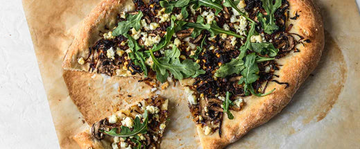
Crispy pizza at home: tips for the perfect crust
Have you ever made pizza at home, but been disappointed by a soggy or undercooked crust? There are tools and tricks to make homemade pizza just as good as delivery, whether you like thin or thick crust.
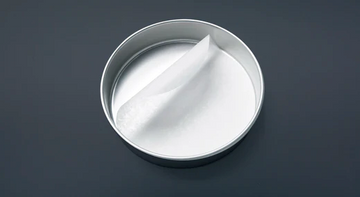
How to measure cake pans
Not all pans are made the same. Here's how to measure your cake pans so you know exactly what you're working with.
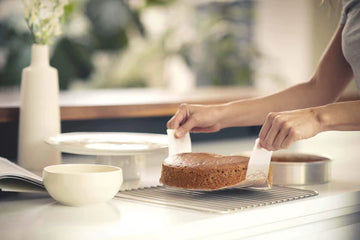
Is Parchment Paper safe to cook with?
Parchment paper is a wonderfully convenient tool to have in your kitchen. Here, we address some of the major worries people have about cooking with parchment paper.

How to shop for non-toxic cookware and bakeware
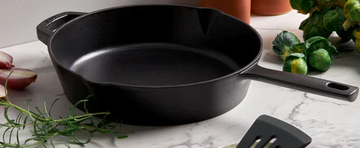
The Advantages of Enameled Cast Iron and Raw Cast Iron Cookware
Cast iron cookware comes in all shapes and sizes and are classified as kitchen staples all around the world. Here’s a look at why both raw and enameled cast iron Dutch ovens are perfect for any kitchen.
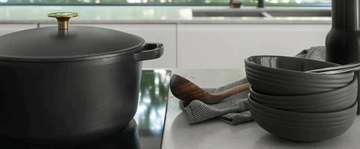
Why is it called a Dutch Oven?
While Dutch ovens have become a charming and familiar part of any modern kitchen, their name does lead to some confusion. What do the Dutch have to do with it? Isn’t it an English invention? And what about the French? It’s time to straighten things out.
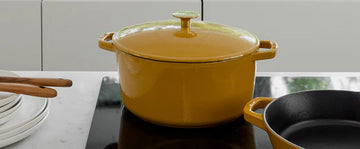
What is a Dutch Oven and why are they so popular?
The Dutch oven’s popularity has exploded in the last couple of years. If you’ve been wondering what this classic cooking pot brings to the table, read on.
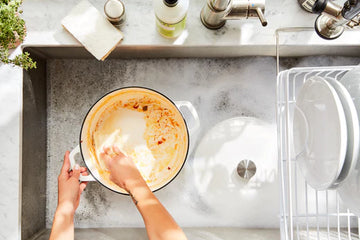
How to clean & season a cast iron Dutch Oven
Like with any cookware, there are times when your Dutch oven might get a little sticky, scorched or stained, but taken care of properly, your cast-iron cookware should last you well into the future.
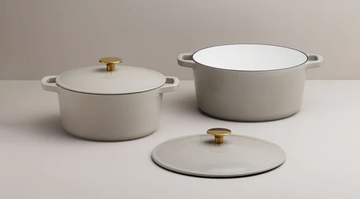
How to choose the best size Dutch Oven for you
Cast-iron Dutch ovens come in all shapes and sizes, and buying the best one for you is all about what you're cooking and who you’re cooking for.

How to shop for non-toxic cookware and bakeware

The Advantages of Enameled Cast Iron and Raw Cast Iron Cookware
Cast iron cookware comes in all shapes and sizes and are classified as kitchen staples all around the world. Here’s a look at why both raw and enameled cast iron Dutch ovens are perfect for any kitchen.

Why is it called a Dutch Oven?
While Dutch ovens have become a charming and familiar part of any modern kitchen, their name does lead to some confusion. What do the Dutch have to do with it? Isn’t it an English invention? And what about the French? It’s time to straighten things out.

Crispy pizza at home: tips for the perfect crust
Have you ever made pizza at home, but been disappointed by a soggy or undercooked crust? There are tools and tricks to make homemade pizza just as good as delivery, whether you like thin or thick crust.

What is a Dutch Oven and why are they so popular?
The Dutch oven’s popularity has exploded in the last couple of years. If you’ve been wondering what this classic cooking pot brings to the table, read on.

How to clean & season a cast iron Dutch Oven
Like with any cookware, there are times when your Dutch oven might get a little sticky, scorched or stained, but taken care of properly, your cast-iron cookware should last you well into the future.

How to shop for non-toxic cookware and bakeware

How to measure cake pans
Not all pans are made the same. Here's how to measure your cake pans so you know exactly what you're working with.
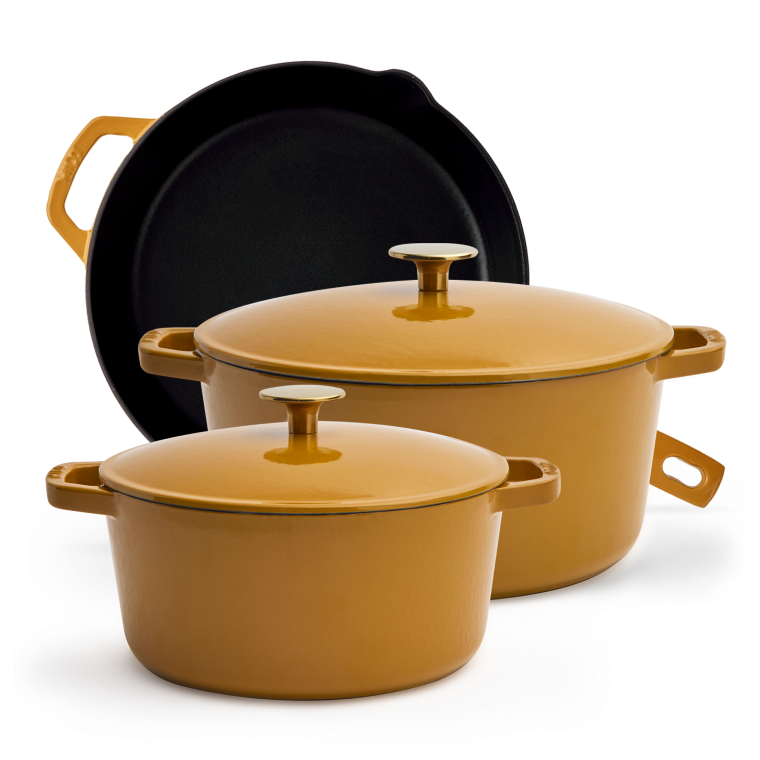
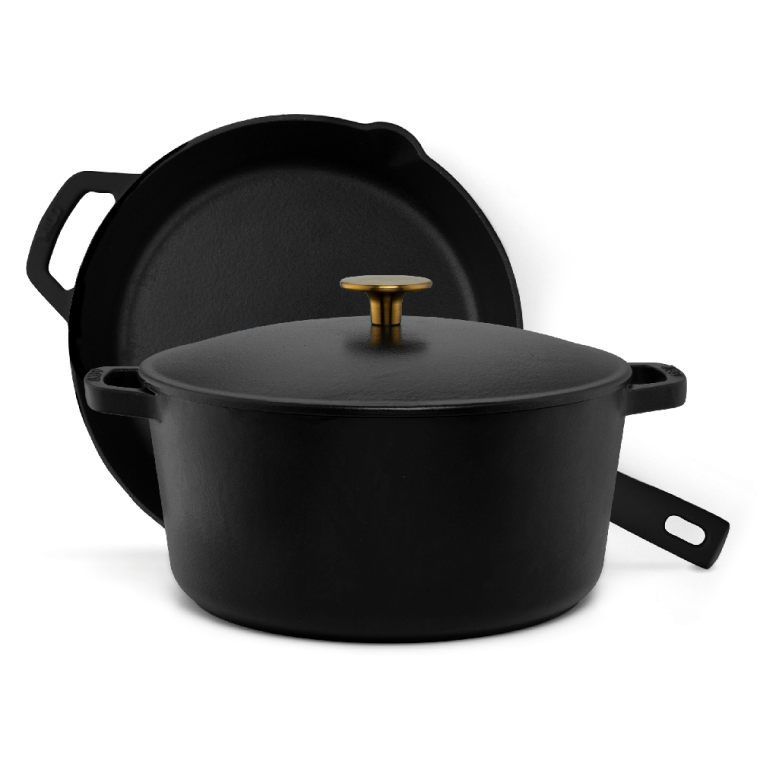
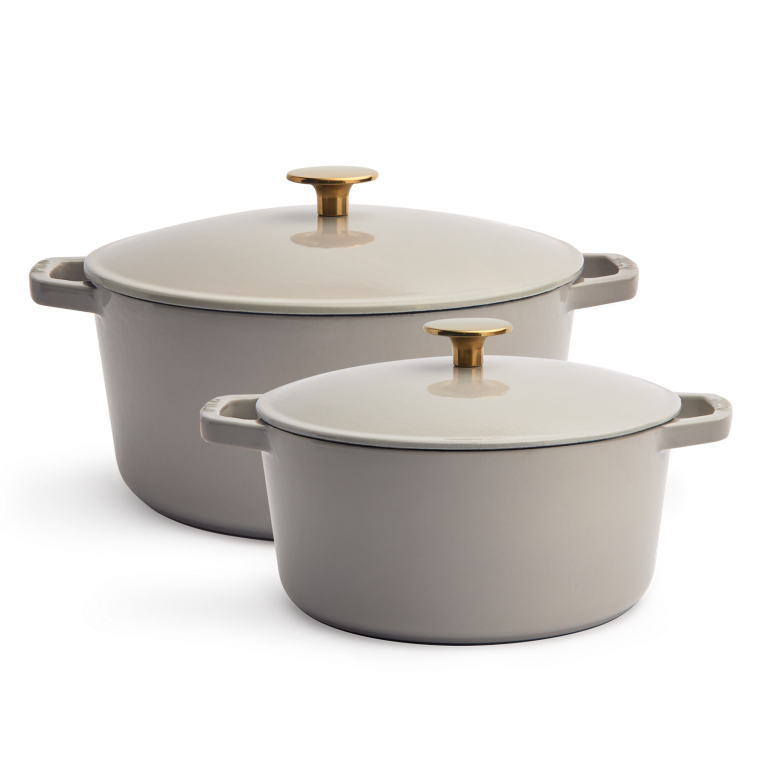

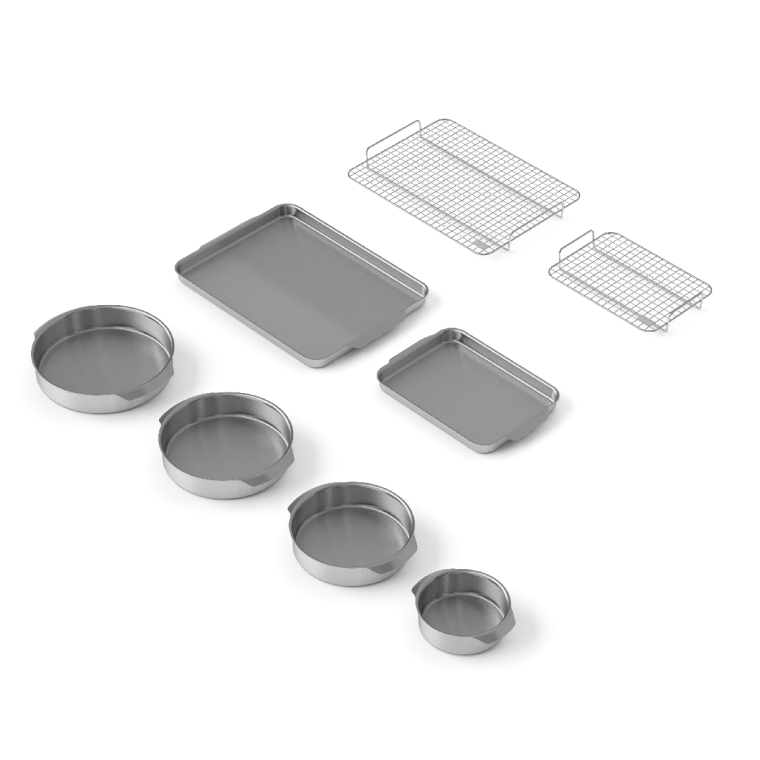
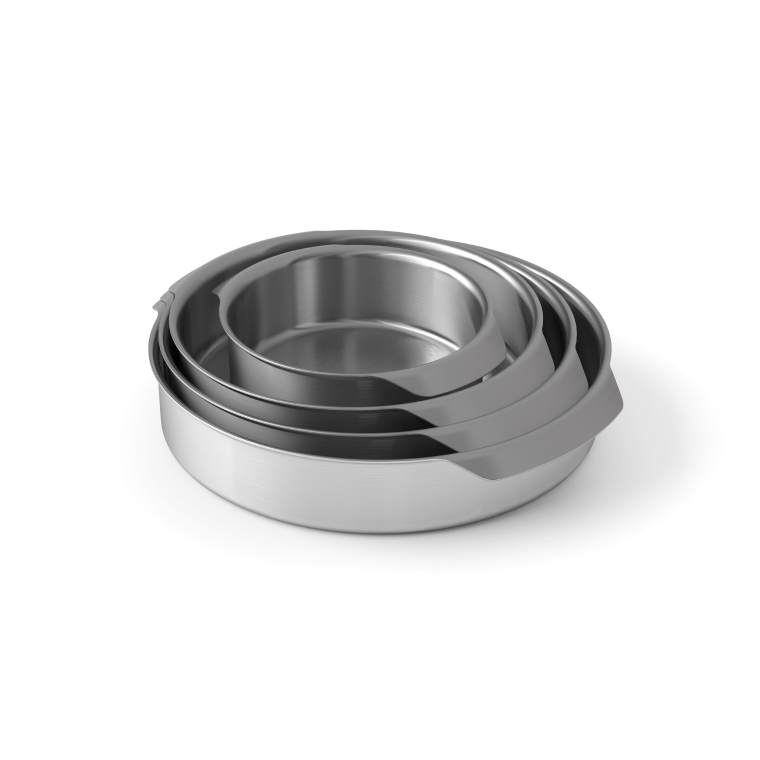
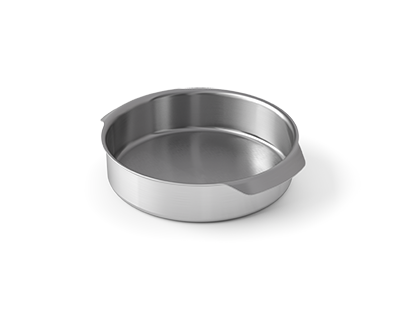

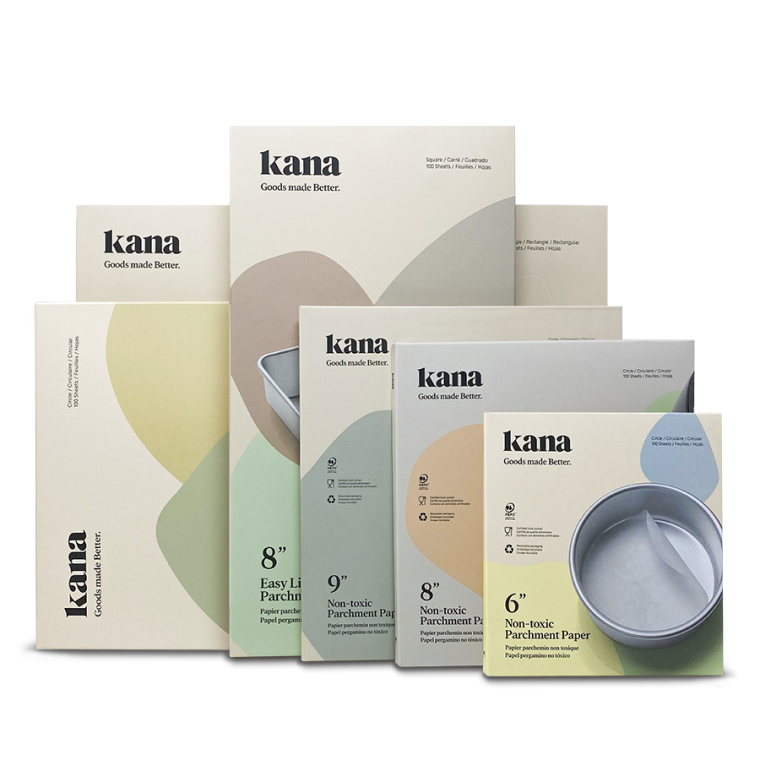







 Parchment Paper
Parchment Paper

